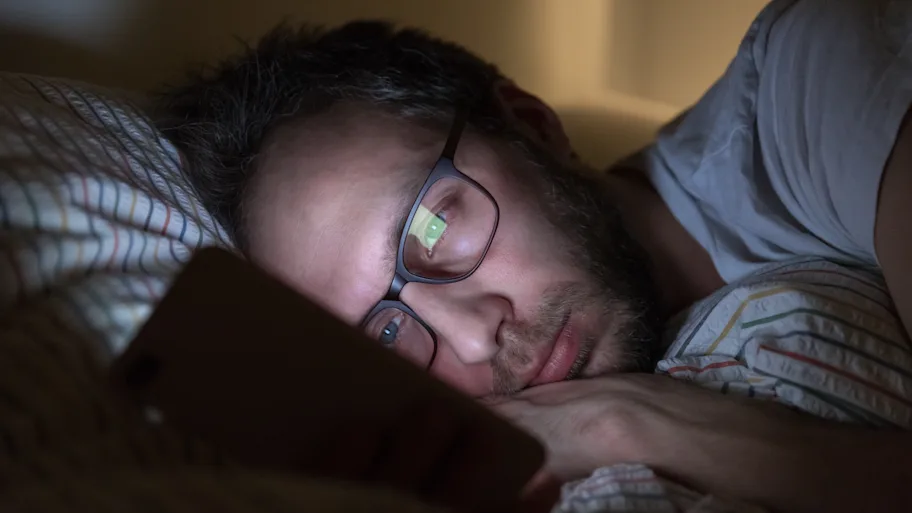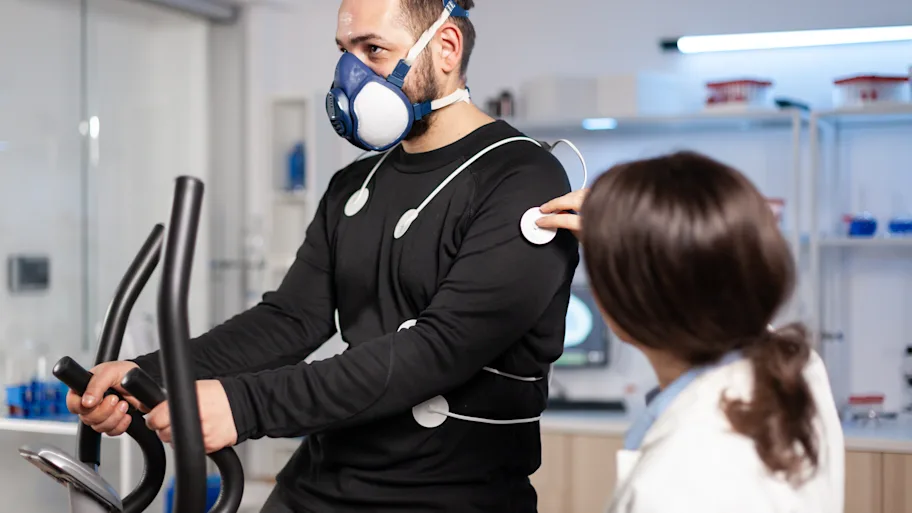
- Science news
- Featured news
- Students more likely to pass oral exams at noon — and that might apply to job interviews, too
Students more likely to pass oral exams at noon — and that might apply to job interviews, too

Scientists analyzed a sample of more than 100,000 oral exams and found that students’ chances of passing were affected by the time of day when the exam began. These interview-style exams, which are standard practice at Italian universities, can cover anything in a student’s course, and are marked immediately by the examiner. Results showed that students were less likely to pass exams scheduled before 09:00 or after 15:00, compared to students taking exams around noon. The scientists say these effects, which might be explained by physiological rhythms affecting tiredness and alertness, could potentially influence job interviews or similar assessments.
To succeed at university, Italian students need to pass interview-style oral exams. Now scientists have found that the time of the exam could be a critical factor influencing their success… or failure. Even when other factors were excluded, the chances of passing were highest around lunchtime, and lowest at the beginning or end of the day.
“We show that academic assessment outcomes vary systematically across the day, with a clear peak in passing rates around midday,” said Prof Carmelo Mario Vicario, director of the Social-Cognitive Neuroscience Lab at the University of Messina and lead author of the article in Frontiers in Psychology. “Students were more likely to pass in late morning compared to early morning or late afternoon.”
“We believe this pattern could extend to job interviews or any evaluative process scheduled throughout the day,” added Vicario. “We would be very interested in investigating whether hiring decisions, too, fluctuate in fairness or outcome depending on time of day.”
Timing is everything
The researchers were inspired by work which showed that judges were most likely to rule in favor of a defendant after meal breaks or at the beginning of a session. However, this could have been influenced by different types of case being presented at different times. So the researchers looked at oral exams, which are more subjective than legal decisions. If the time of day influences people’s judgement, large-scale data on exam outcomes should show evidence of it.
“Oral exams in Italian universities are scheduled at set times, typically lasting 10 to 30 minutes per student,” explained Vicario. “There's no standardized format: professors ask questions based on the course content, and grades are assigned on the spot. These exams can be highly stressful due to their unpredictable nature and the strong weight they carry in academic progression.”
A database from the University of Messina allowed researchers to access the results of exams conducted between October 2018 and February 2020. The researchers collected the time, date, and outcome of 104,552 assessments delivered by 680 examiners for 1,243 courses. They also used the number of credits granted towards a degree per exam to measure the difficulty of individual exams. This allowed them to exclude the difficulty of the exam as a factor and carry out statistical analysis evaluating the likelihood of passing based on the time when the exam began.
Read and download original article
Beating the curve
The researchers found that only 57% of the exams were passed. The passing rate followed a bell curve with a peak at noon: there was no significant difference in your chance of passing if you sat your exam at 11:00 or 13:00, but your chances of passing were lower if you took the exam at 08:00 or 09:00, or at 15:00 or 16:00. The chance of passing was equivalent in the early morning and in the late afternoon. "These findings have wide-ranging implications,” commented Prof Alessio Avenanti of the University of Bologna, co-author of the study. “They highlight how biological rhythms — often overlooked in decision-making contexts — can subtly but significantly shape the outcome of high-stakes evaluations."
Although the study can’t identify the mechanisms behind this pattern, the peak in passes at midday is consistent with evidence that cognitive performance improves over the course of the morning before declining during the afternoon. Students’ falling energy levels could lead to diminishing focus, compromising their performance. Professors might also be experiencing decision fatigue, leading them to mark more harshly.
Meanwhile, poorer results earlier in the day could be down to competing chronotypes. People in their early 20s are usually night owls, while people in their 40s or older tend to be morning larks. The students might be least cognitively sharp at the time when the professors are most alert.
“To counteract time-of-day effects, students might benefit from strategies like ensuring quality sleep, avoiding scheduling important exams during personal ‘low’ periods, and taking mental breaks before performance tasks,” suggested Vicario. “For institutions, delaying morning sessions or clustering key assessments in the late morning may improve outcomes.”
But more research is needed to fully understand the factors which contribute to the time of day’s influence on students’ performance, and develop ways of improving the fairness of assessments.
“While we controlled for exam difficulty, we can’t entirely exclude other unmeasured factors,” said Prof Massimo Mucciardi of the University of Messina, senior author. “We couldn’t access detailed student- or examiner-level data such as sleep habits, stress, or chronotype. This is why we encourage follow-up studies using physiological or behavioral measures to uncover the underlying mechanisms.”
REPUBLISHING GUIDELINES: Open access and sharing research is part of Frontiers’ mission. Unless otherwise noted, you can republish articles posted in the Frontiers news site — as long as you include a link back to the original research. Selling the articles is not allowed.







